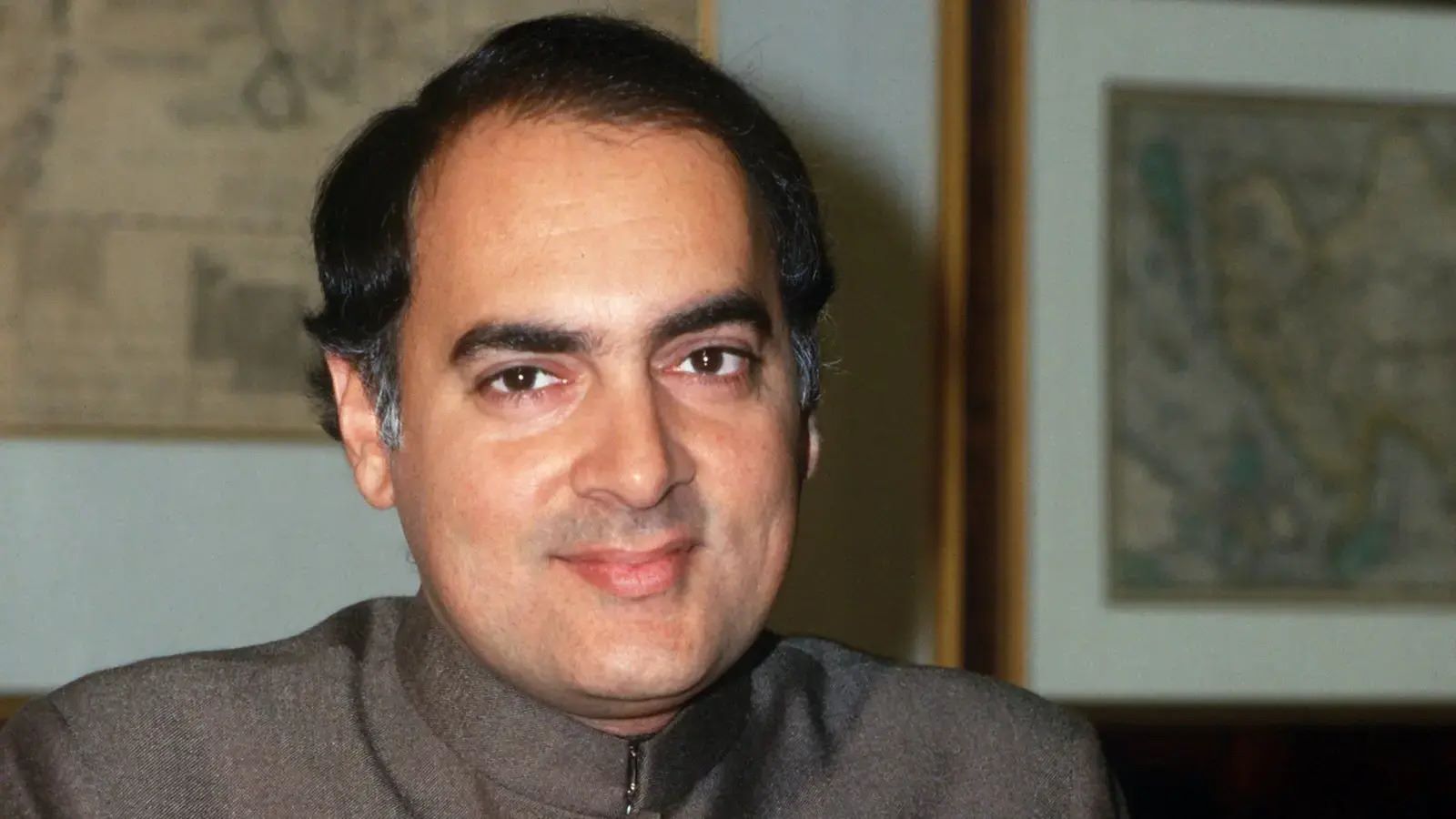
Rajiv Gandhi, a name that resonates with many in India and beyond, was a pivotal figure in the country's history. Who was Rajiv Gandhi? Born on August 20, 1944, he was the eldest son of Indira Gandhi and Feroze Gandhi. Rajiv initially pursued a career in aviation but later entered politics after his brother's untimely death. He became India's youngest Prime Minister at 40, serving from 1984 to 1989. His tenure was marked by efforts to modernize India through technology and economic reforms. However, his time in office wasn't without controversy, including the Bofors scandal. Tragically, his life was cut short in 1991 by an assassination.
Early Life and Education
Rajiv Gandhi, a significant figure in Indian politics, had an intriguing early life and educational background. Here are some fascinating facts about his formative years.
- Born on August 20, 1944, in Bombay (now Mumbai), Rajiv Gandhi was the eldest son of Indira Gandhi and Feroze Gandhi.
- He spent his early childhood in Allahabad, where his father was a prominent politician and journalist.
- Rajiv attended the prestigious Doon School in Dehradun, known for its rigorous academic standards.
- After completing his schooling, he went to the United Kingdom to study at the University of Cambridge.
- Rajiv initially enrolled in the engineering program at Trinity College but later switched to study at Imperial College London.
- Despite his academic pursuits, Rajiv did not complete his degree, returning to India without graduating.
Personal Life
Rajiv Gandhi's personal life was marked by significant events and relationships that shaped his journey. Let's delve into some key aspects of his personal life.
- In 1968, Rajiv married Sonia Maino, an Italian woman he met while studying in the UK.
- The couple had two children: Rahul Gandhi, born in 1970, and Priyanka Gandhi, born in 1972.
- Rajiv was known for his passion for aviation, earning a commercial pilot's license and working for Indian Airlines.
- Despite his political lineage, Rajiv initially showed little interest in politics, preferring a quiet life as a pilot.
Political Career
Rajiv Gandhi's entry into politics was unexpected, yet he quickly rose to prominence. Here are some notable facts about his political journey.
- Rajiv entered politics following the tragic death of his younger brother, Sanjay Gandhi, in a plane crash in 1980.
- He was elected to the Indian Parliament from Amethi, a constituency previously represented by his brother.
- Rajiv became the General Secretary of the Indian National Congress in 1981, playing a crucial role in party affairs.
- Following the assassination of his mother, Prime Minister Indira Gandhi, in 1984, Rajiv was sworn in as the Prime Minister of India.
- At the age of 40, he became the youngest Prime Minister in Indian history.
- Rajiv's tenure as Prime Minister saw significant technological advancements, including the promotion of computerization and telecommunications.
Major Policies and Achievements
Rajiv Gandhi's tenure as Prime Minister was marked by several key policies and achievements. Let's explore some of the most impactful ones.
- Rajiv launched the "New Education Policy" in 1986, aiming to modernize and expand India's education system.
- He played a pivotal role in the establishment of the Jawahar Navodaya Vidyalayas, providing quality education to rural students.
- Rajiv's government introduced the Anti-Defection Law in 1985 to curb political defections and ensure stability.
- He initiated the Panchayati Raj reforms, empowering local self-governments and promoting grassroots democracy.
- Rajiv's administration focused on reducing bureaucratic red tape and promoting economic liberalization.
- Under his leadership, India signed the historic Punjab Accord in 1985, aimed at resolving the Punjab insurgency.
Challenges and Controversies
Rajiv Gandhi's political career was not without challenges and controversies. Here are some significant ones that marked his tenure.
- Rajiv faced criticism for his handling of the Bhopal Gas Tragedy in 1984, which resulted in thousands of deaths and injuries.
- His government was embroiled in the Bofors scandal, involving allegations of kickbacks in defense deals.
- Rajiv's decision to send Indian Peace Keeping Forces (IPKF) to Sri Lanka in 1987 was controversial and faced backlash.
- The Shah Bano case in 1985, involving a Muslim woman's right to alimony, led to debates on secularism and personal laws.
- Rajiv's tenure saw the rise of insurgency in Jammu and Kashmir, posing significant security challenges.
Assassination and Legacy
Rajiv Gandhi's life was tragically cut short, but his legacy continues to influence Indian politics. Here are some facts about his assassination and enduring impact.
- On May 21, 1991, Rajiv Gandhi was assassinated by a suicide bomber in Sriperumbudur, Tamil Nadu.
- His assassination was carried out by the Liberation Tigers of Tamil Eelam (LTTE), a militant organization from Sri Lanka.
- Rajiv's death led to widespread mourning and a significant impact on Indian politics, with his legacy continuing through his children, Rahul and Priyanka Gandhi.
Rajiv Gandhi's Legacy
Rajiv Gandhi's impact on India remains significant. His tenure as Prime Minister saw major technological advancements and economic reforms. He pushed for modernization, bringing computers and telecommunications to the forefront. His efforts in education and science laid the groundwork for future growth.
Despite controversies and challenges, Rajiv's vision for a progressive India left a lasting mark. His policies aimed at reducing poverty and improving infrastructure continue to influence the country's development. Rajiv's tragic assassination in 1991 cut short a promising political career, but his contributions endure.
Understanding Rajiv Gandhi's life and work offers valuable insights into India's journey towards modernization. His legacy is a blend of innovation, ambition, and dedication to the nation's progress. As India moves forward, Rajiv's influence remains a guiding force, reminding us of the importance of visionary leadership in shaping a better future.
Was this page helpful?
Our commitment to delivering trustworthy and engaging content is at the heart of what we do. Each fact on our site is contributed by real users like you, bringing a wealth of diverse insights and information. To ensure the highest standards of accuracy and reliability, our dedicated editors meticulously review each submission. This process guarantees that the facts we share are not only fascinating but also credible. Trust in our commitment to quality and authenticity as you explore and learn with us.


